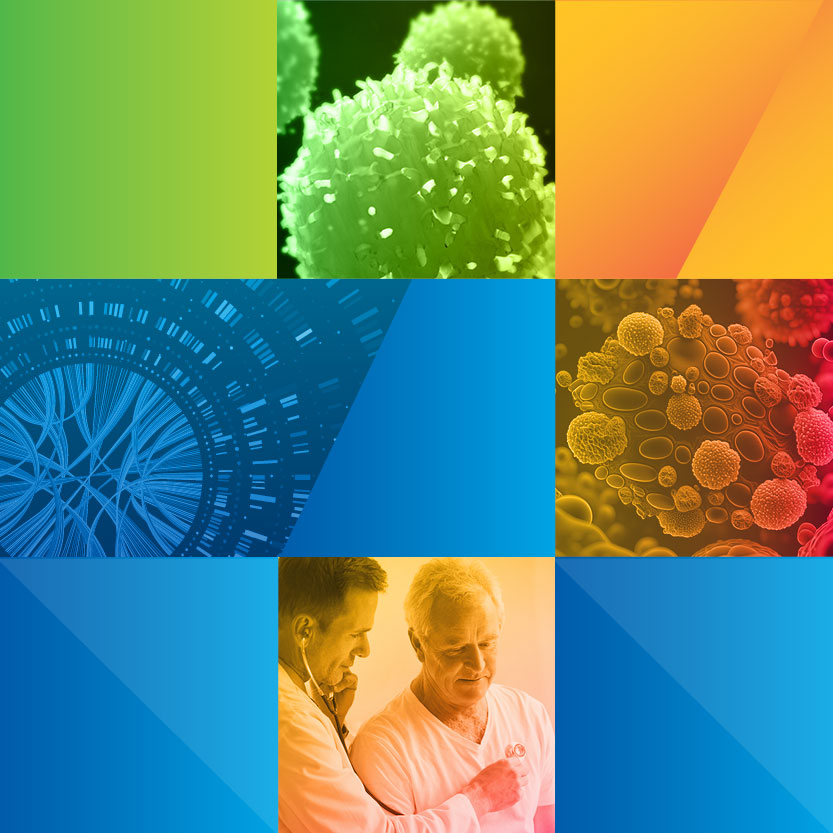Joint session examines clinico-genomic cancer data initiatives in the U.S. and Japan
//
Estimated Read Time:
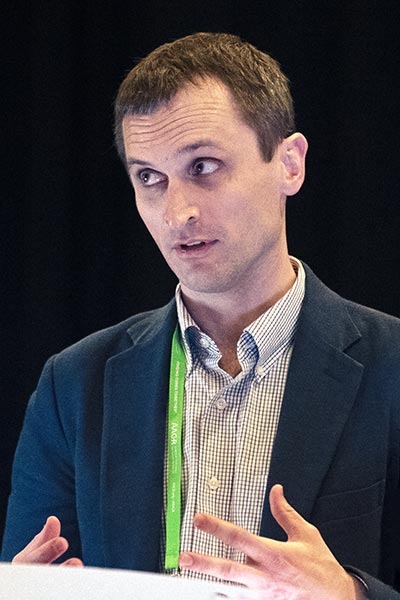
The AACR and the Japanese Cancer Association (JCA) organized a joint session at the Annual Meeting that provided an overview of clinico-genomic cancer data initiatives in the U.S. and Japan and examined some of the challenges associated with real-world clinico-genomic data.
The session, AACR-JCA Joint Session: Real-world Evidence in Cancer Genomics Research, was presented Monday, April 17, and can be viewed on the virtual meeting platform by registered Annual Meeting participants through July 19, 2023.
Clinico-genomic databases like AACR Project GENIE are becoming more widely available and are likely to shape cancer research well into the future, said session co-chair Kenneth L. Kehl, MD, MPH, a medical oncologist and population science researcher at Dana-Farber Cancer Institute. “These types of clinical and genomic datasets are increasingly informing large-scale research … and these data are increasingly being used for real analyses,” he said.
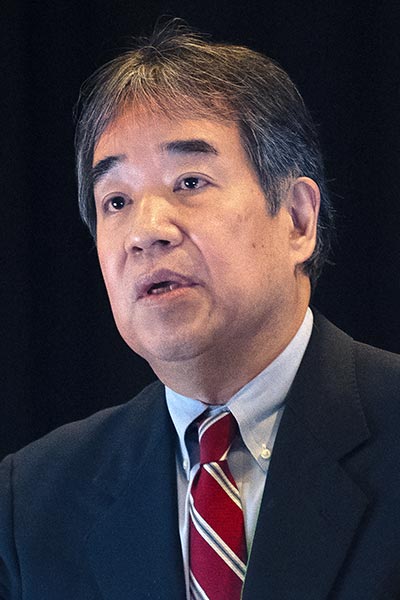
AACR Project GENIE is a publicly accessible international pan-cancer registry of real-world clinico-genomic data assembled through data-sharing between 18 leading international cancer centers. The registry aggregates, harmonizes, and links clinical-grade, next-generation cancer genomic sequencing data with real-world clinical data, such as patient demographics, disease characteristics, and clinical outcomes.
“It’s a remarkable collaborative effort,” said Kehl, noting that the consortium and its activities are driven by openness, transparency, and inclusion, ensuring that the project output remains accessible to the global cancer research community.
The goal is for each patient’s file to contain detailed clinico-genomic reports, complete treatment histories, baseline demographic data, and annotated imaging reports, Kehl explained. In the seven years since its creation, AACR Project GENIE has helped researchers understand the prevalence of various mutations and provided validation of external studies and variant annotation, he said.
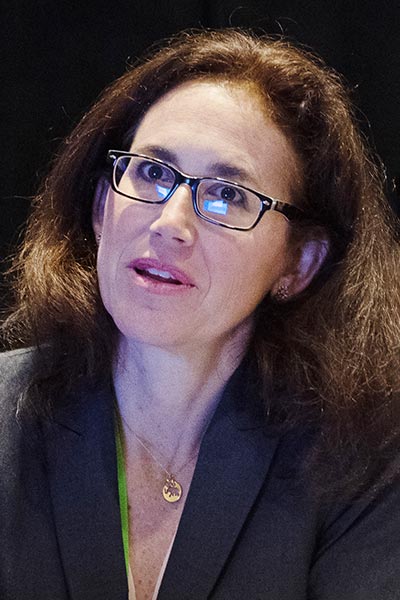
The session’s other chair, Hiroyuki Mano, MD, PhD, reviewed the Center for Cancer Genomics and Advanced Therapeutics (C-CAT), a clinico-genomic project that utilizes a large dataset from the Japanese public health care system. The goal is to enhance data sharing and use C-CAT data to increase the number of cancer drugs available in Japan and improve cancer care, said Mano, Professor of Division of Functional Genomics at Jichi Medical University, Tokyo. He also discussed some of the unique challenges associated with aggregating large volumes of data.
Kim Van Naarden Braun, PhD, Senior Scientific Director of Translational Epidemiology, Informatics, and Predictive Sciences at Bristol Myers Squibb, discussed strategies to address biases in clinico-genomic datasets. One source of bias is delayed cohort entry, which occurs when tumor sequencing is delayed until long after the patient’s initial diagnosis.
“Often, sequencing is performed when patients have worsened disease and there is a poorer prognosis,” Van Naarden Braun said, explaining that delayed cohort entry can adversely impact the ability to predict survival.
There are several statistical methods that may account for the biases introduced by delayed cohort entry, she said, citing risk set adjustment and quasi-independence metrics as two examples.
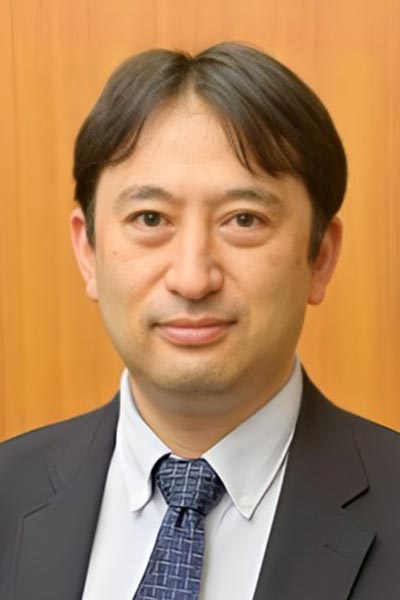
Motohiro Kato, MD, PhD, Professor in the Department of Pediatrics at the University of Tokyo, discussed how clinico-genomic databases may aid the management of pediatric cancer.
For example, the genomic information can confirm diagnoses and reveal germline mutations that may present issues in the future, he noted.
He explained that pediatric cancers have fewer genetic abnormalities than adult cancers.
“This means that pediatric cancer is developed by a small, but impactful, number of genomic abnormalities,” he said. “Each abnormality carries a significant role in pathogenesis, so identification of genetic features in pediatric cancer might lead to better and greater understanding of characteristics of each patient with cancer.” He noted that accumulating more real-world data will help providers better combat childhood cancers.



